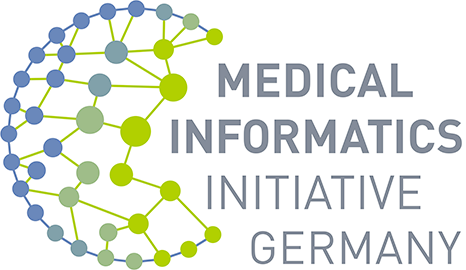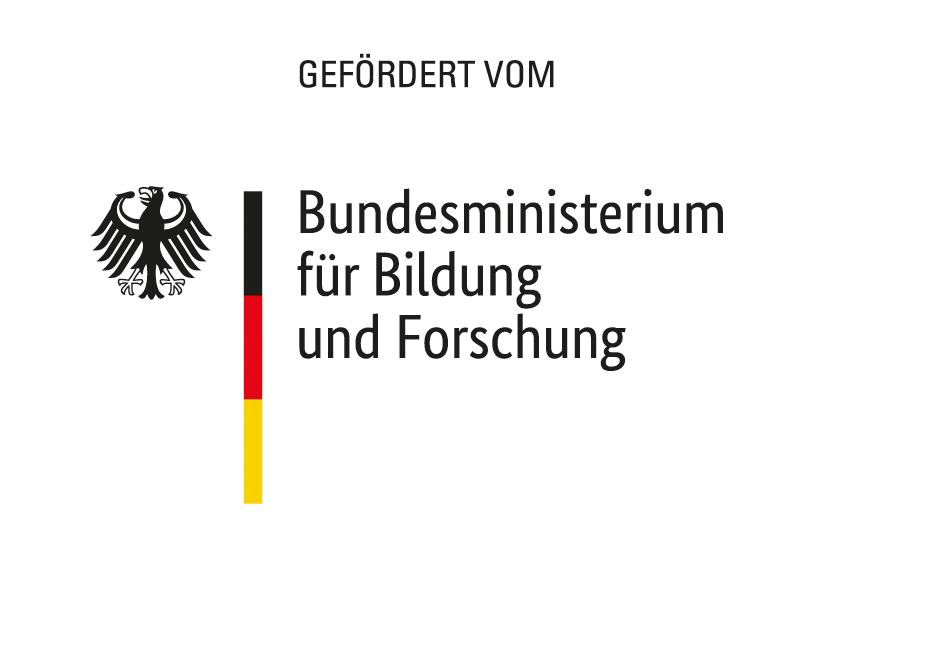30/07/2021. Since the middle of the year, the “Digital Hubs: Advances in Research and Health Care” of the Federal Ministry of Education and Research (BMBF) have been continuing the pioneering work of the Medical Informatics Initiative (MII). Since July 2021, the project team of the DISTANCE Hub has been working on improving preventive care and therapy after intensive medical treatments using artificial intelligence methods. This is being done in close cooperation with 12 regional care facilities and seven other partners from science and research under the leadership of Aachen University Hospital.
Digital technologies are increasingly finding their way into medicine and healthcare. The aim is to optimize processes for personnel and improve treatments for patients in all areas of healthcare. The MII of the BMBF has done important preliminary work for this development. A sustainable data infrastructure is currently being established via the four consortia DIFUTURE, HIGHmed, MIRACUM and SMITH, in which all of the German university hospitals are participating. The starting point are the Data Integration Centres, which make it possible to exchange and use data from patient care, clinical and biomedical research across the boundaries of institutions and locations. The “Digital Hubs: Advances in Research and Health Care”, also funded by the BMBF since the middle of the year, build on this progress. Their task is to extend and optimize innovative model solutions to medical institutions in regional care.
Since the beginning of July, the University Hospital Jena, Leipzig University Medical Center, Leipzig University, Fraunhofer Institute for Software and Systems Engineering ISST Dortmund, Witten/Herdecke University, St. Franziskus Foundation Münster and the German Society for Telemedicine, as well as 12 regional care institutions in the federal states of North Rhine-Westphalia, Saxony and Thuringia have been working closely together in the DISTANCE Hub under the leadership of the University Hospital Aachen.
The aim is to provide patients with an individual evaluation of their personal state of health and regular medical self-care in everyday life after an extended stay in intensive care. Patients often suffer from cognitive, functional or psychosocial complaints in the weeks and months following intensive care, for example as a result of surgery or serious illness. For example, concentration disorders, physical exhaustion or anxiety can lead to significant losses in quality of life. Independent coping with everyday life often becomes possible only after long-term rehabilitation or renewed inpatient treatment. In this context, physicians also speak of Post Intensive Care Syndrome (PICS).
To counteract these long-term consequences, the DISTANCE project team will develop the PICOS App. The app will primarily serve to document the mental and physical condition of patients and identify predictors of deterioration. For this purpose, the data will be collected anonymously and evaluated via algorithms. In the future, this will allow the quality of patient treatment to be significantly improved. Potential new hospital admissions will be avoided. The app also supports patients in their own self-care. For example, it provides information about therapies, medications and doctor's appointments.
DISTANCE is one of six Digital Hubs. Over the next four years, the infrastructure for cross-sectoral interoperable data exchange in regional care will be created by networking university institutions with primary and standard care facilities and physicians in private practice. The BMBF is providing around 50 million euros for this flagship initiative of its digital strategy until 2025.


